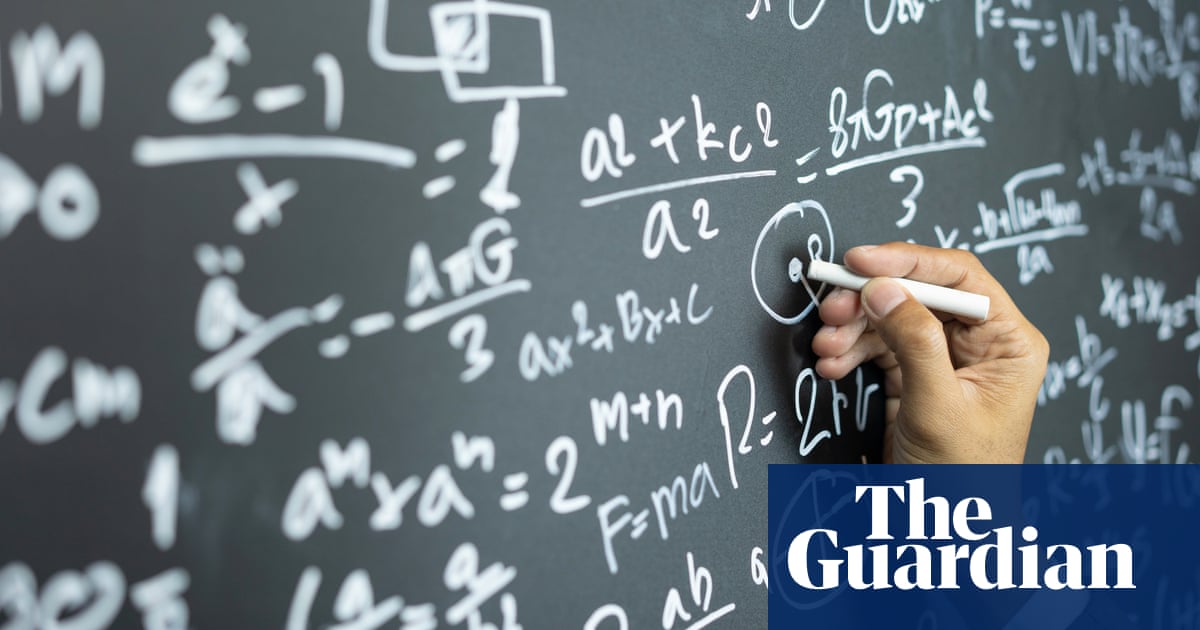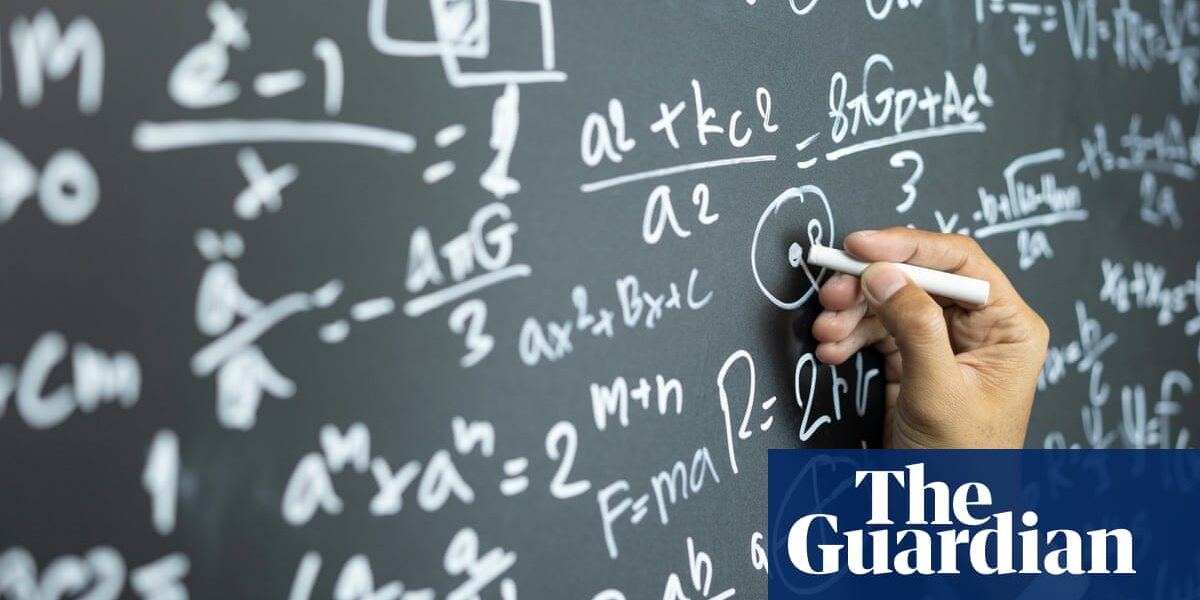
The sheer number of books about numbers makes selecting five maths-related books a challenge. Since the Egyptian scribe Ahmes put pen to papyrus some time around 1550BC to explain how to calculate the slope of a pyramid, we’ve had over three millennia of maths literature. So within some level of statistical confidence: here are a subset of the best ever maths books.
Mathematics, Magic and Mystery by Martin Gardner
This is a seminal book about recreational maths. For much of human history, books about maths were fairly practical, as numbers and calculations are indispensable tools to build a civilisation. Martin Gardner’s work relished in mathematics for its own sake; something to be done as a hobby by amateurs. His column in Scientific American would inspire generations of maths enthusiasts. This book came out right before the column started and was many people’s first introduction to using maths to perform magic tricks.
Fermat’s Last Theorem by Simon Singh
This was the book (and companion TV documentary) that introduced the general public to what it was like to be a jobbing mathematician working on a hard problem. Which is not to say it was a typical problem: Fermat’s Last Theorem had been posed as a challenge in 1637 and it was more than 350 years before British mathematician Andrew Wiles cracked it in 1995. A wildly popular book, it used this celebrity problem to cast light on the day-to-day experiences of mathematicians everywhere.
Why Do Buses Come in Threes? by Rob Eastaway and Jeremy Wyndham
Mathematics is not just the reserve of centuries-long problems and pyramid-building. It can also explain why you can wait ages for a bus before three suddenly come along at once. Rob Eastaway and Jeremy Wyndham took maths off its pedestal and showed how it applies to everything around us in our daily lives. I remember when I was a teacher, reading this book on a bus to school, looking up to see the other two buses following along, and it changing my approach to teaching maths.
after newsletter promotion
Hello World by Hannah Fry
It may seem obvious in hindsight that AI would become a big aspect of modern life, but Hannah Fry was ahead of the curve when she wrote about the potential impact algorithms were going to have on us. As relevant now as it was when published six years ago, Hello World is an excellent explanation of how algorithms are not some otherworldly intelligence but rather manifestations of our own beliefs and biases.
Invisible Women by Caroline Criado Perez
The other side of the AI coin is big data. Caroline Criado Perez’s book is about two different modern aspects of data. Its primary thesis is that, much like algorithms, data sets are not some objective reservoir of potential insight but rather they can have massive oversights: notably in the case of women, half the population. Moreover Perez shows the power of data by backing up every step of her argument with facts and stats. It’s both a cautionary tale and a field guide to using data.
Source: theguardian.com



